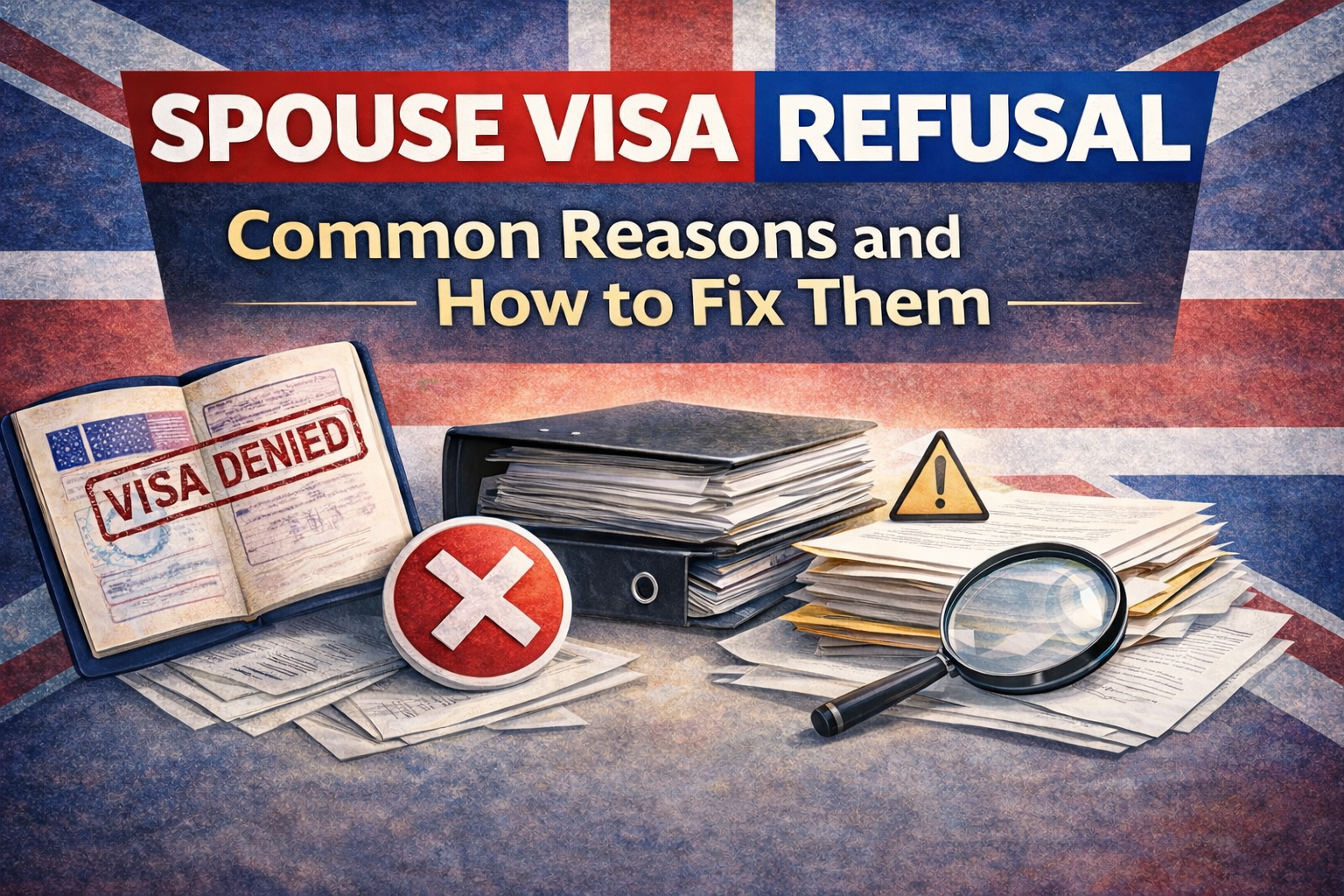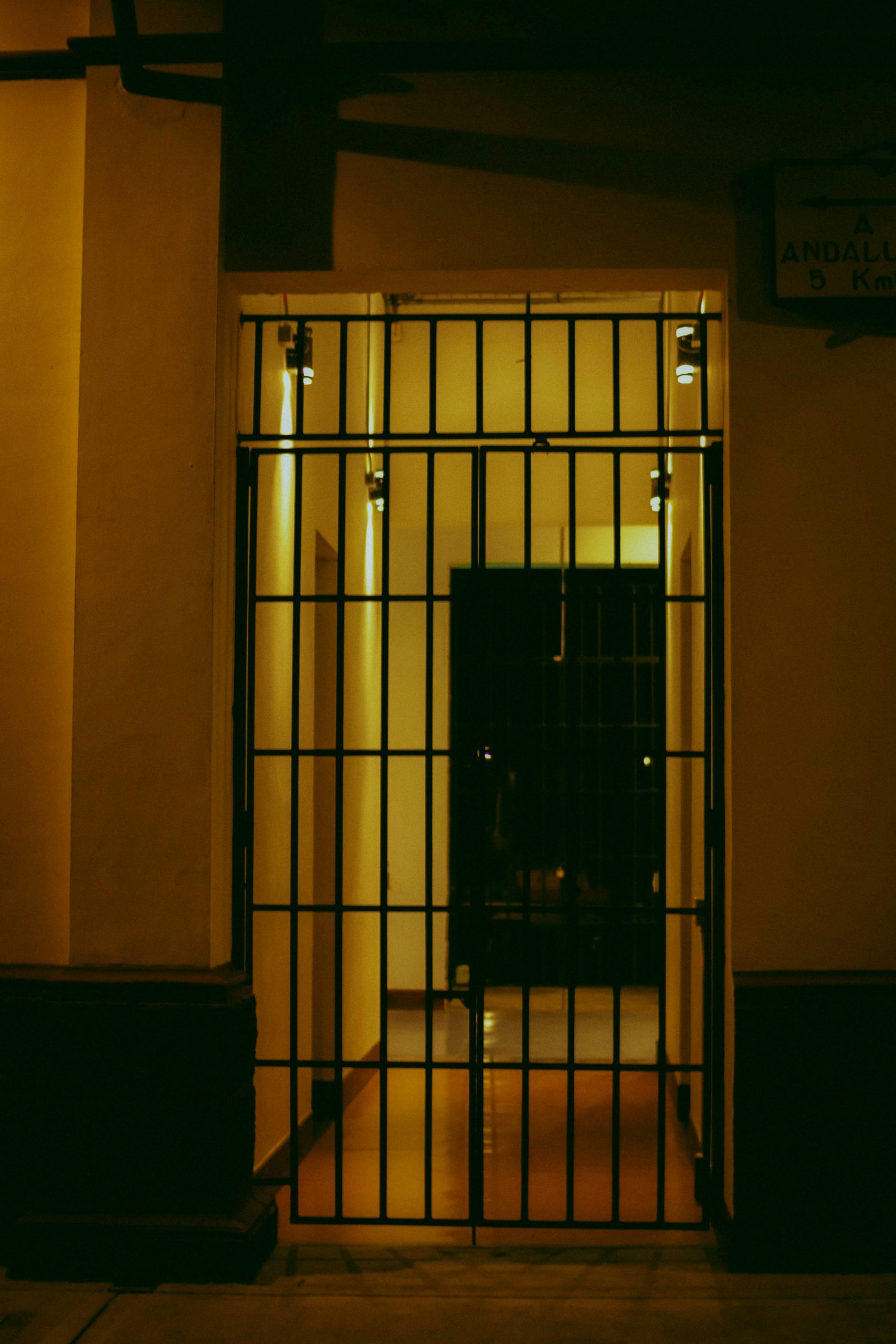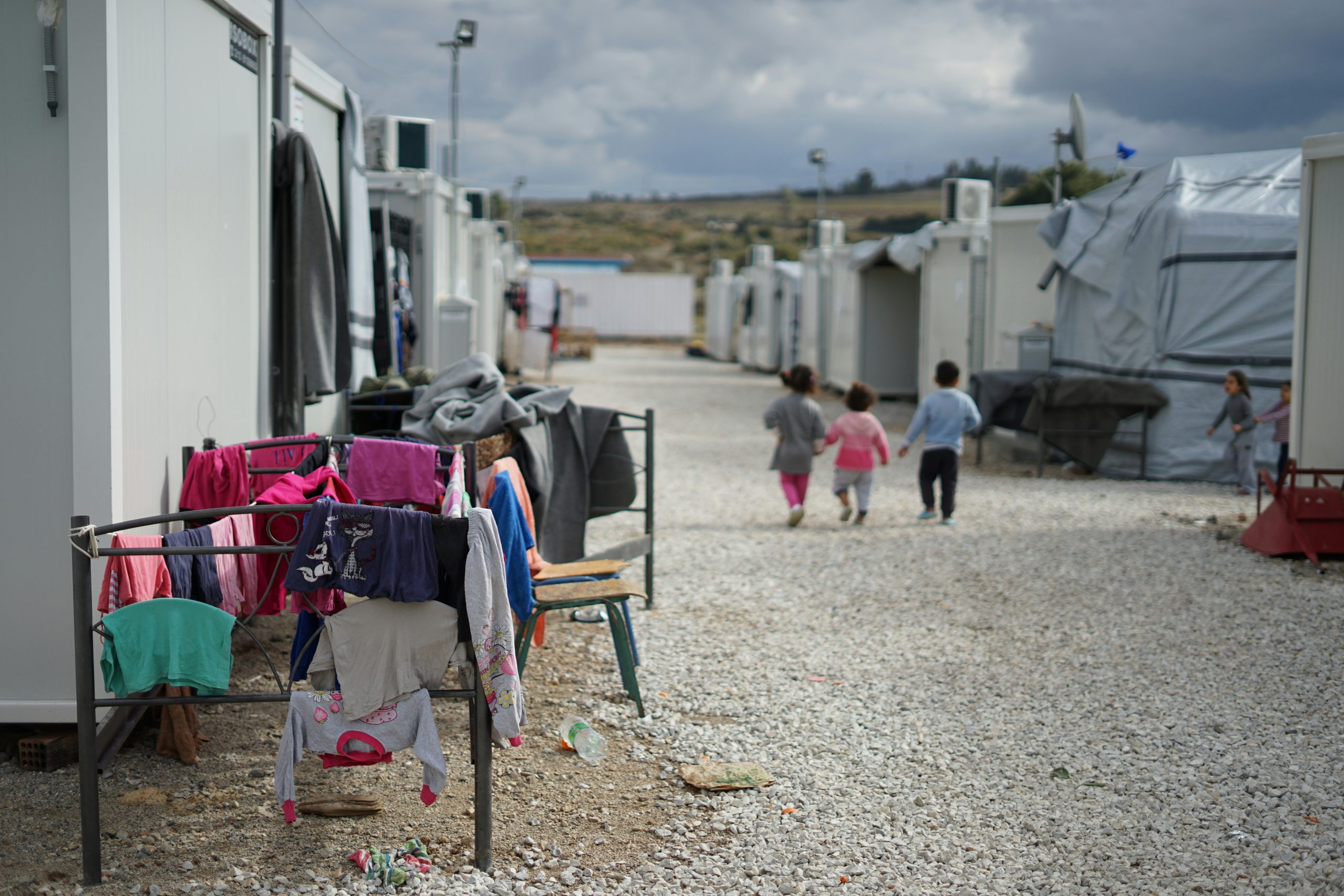The UK immigration system has undergone significant reform in 2025, with the Skilled Worker visa being one of the most affected routes. These changes aim to reduce overall migration levels and tighten eligibility criteria for overseas workers. For employers and applicants alike, understanding the new Skilled Worker visa requirements is essential.
What Is the Skilled Worker Visa?
The Skilled Worker visa allows overseas nationals to work in eligible skilled occupations for approved UK sponsors. It replaced the Tier 2 (General) visa and has been the primary route for skilled employment in the UK since 2020. However, from 22 July 2025, new rules have made the route far more restrictive.
Key Skilled Worker Visa Changes in 2025
1. Higher Skill Threshold (RQF Level 6 and Above)
Applicants must now hold a job offer for a role at RQF Level 6 or higher, roughly equivalent to a graduate-level position.
Previously, many roles at RQF Level 3 to 5—such as technicians, supervisors, or skilled trades—qualified for sponsorship. These roles have now been removed unless specifically listed under the Temporary Shortage List (TSL).
2. Salary Threshold Increased to £41,700
The general salary threshold has risen from £38,700 to £41,700 for most occupations.
Employers must also pay at least the “going rate” for each specific job code, whichever is higher. This change is designed to prevent undercutting of domestic wages and to focus sponsorship on higher-paid roles.
3. Limited Shortage Exemptions
The former Shortage Occupation List (SOL) has been replaced by the new Temporary Shortage List (TSL).
Only a small number of occupations are temporarily exempt from the RQF Level 6 requirement, primarily within healthcare, engineering, and technology. The government will review and update this list periodically.
4. Restrictions on Care Sector Sponsorship
The 2025 changes have closed the Health and Care Worker visa route to new overseas care workers.
Only existing visa holders or those extending under transitional arrangements can continue. Employers in the care sector will no longer be able to sponsor new overseas recruits.
5. Transitional Arrangements Until July 2028
Current Skilled Worker visa holders under the old rules can still:
- Extend their visas, or
- Switch employers, or
- Apply for settlement (ILR),
until 22 July 2028, provided their occupation remains eligible under the previous criteria.
What These Changes Mean for Employers
UK employers now face stricter compliance requirements.
To continue sponsoring skilled workers, employers must:
- Reassess all sponsored roles against the new RQF 6 skill level.
- Update Certificates of Sponsorship (CoS) in line with new salary thresholds.
- Monitor the Temporary Shortage List for any changes in eligibility.
- Review HR and recruitment policies to avoid breaches under the new Immigration Rules.
Failing to comply with updated sponsorship criteria can result in licence suspension or revocation.
How Applicants Are Affected
Prospective applicants will need to:
- Ensure their job offer meets the RQF Level 6 threshold.
- Confirm their salary meets or exceeds the new £41,700 requirement.
- Check whether their occupation remains eligible under the TSL.
- Provide updated documents for sponsorship, including the new Appendix Skilled Occupations references.
Those already in the UK on a Skilled Worker visa should check whether their role qualifies for extension or whether they will need to switch to a different visa route.





